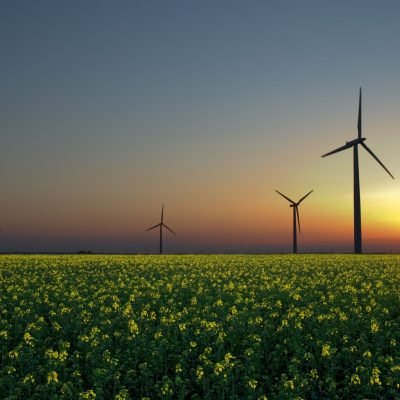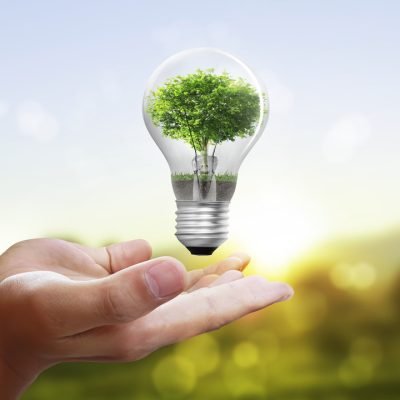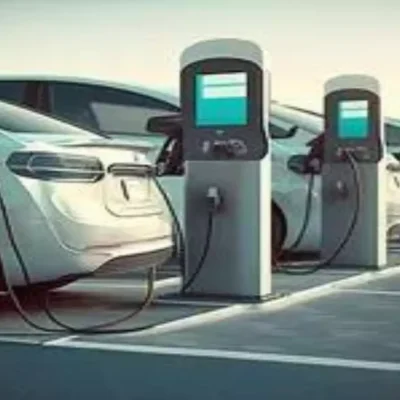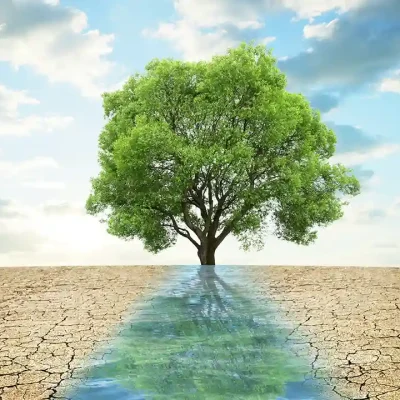The Energy sector in Odisha, covering both renewable and non-renewable energy sources, is key to the state’s economic development and sustainability goals. Given Odisha’s rich resources and strategic position, the Odisha Chamber of Commerce (OCC) can play a pivotal role in driving growth, fostering investment, and supporting the state’s energy infrastructure. Below are key areas the OCC could focus on to strengthen the energy sector:
Odisha has vast potential in renewable energy, especially in solar, wind, and hydroelectric power. Here’s how OCC can contribute:
Solar Energy:
– Investment in Solar Parks:Encourage large-scale solar parks and rooftop solar installations in both urban and rural areas.
– Incentives for Solar Technology:Advocate for state and national incentives to encourage businesses and homes to adopt solar energy systems.
– Skill Development for Solar Technicians: Collaborate with training institutions to build a workforce skilled in solar energy installation and maintenance.

Wind Energy:
– Wind Farm Projects:Promote the development of wind farms along Odisha’s coastal areas, especially in districts like Ganjam and Puri, which have high wind potential.
– Public-Private Partnerships (PPP):Facilitate partnerships between the government and private investors for setting up wind energy infrastructure.
– Grid Integration for Wind Power: Work on improving the grid infrastructure to accommodate fluctuating wind energy inputs.
Hydropower:
– Small and Mini Hydropower Plants:Support the development of small-scale hydropower projects, especially in areas with rivers and streams like the Mahanadi Basin.
– Sustainable Hydropower Development: Ensure that hydroelectric power projects prioritize environmental sustainability, minimizing the displacement of local communities and ecosystem disruption.
Bioenergy:
– Biomass Energy Projects:Promote the conversion of agricultural residues, forest waste, and municipal waste into biomass energy, which could serve rural and peri-urban areas.
– Waste-to-Energy: Support the development of waste-to-energy plants to manage urban waste while generating electricity, particularly in larger cities like Bhubaneswar and Cuttack.

Odisha is a key player in non-renewable energy sources, particularly coal and natural gas, which are vital for both state and national energy needs. However, there are significant challenges in ensuring sustainability and minimizing environmental impacts.
Coal Mining and Clean Coal Technologies:
– Sustainable Mining Practices:Encourage the use of environmentally responsible mining technologies to reduce environmental degradation in coal-rich areas like Angul, Jharsuguda, and Sundargarh.
– Carbon Capture and Storage (CCS):Promote the adoption of CCS technologies in coal-fired power plants to reduce carbon emissions.
– Diversification of Energy Sources: Advocate for investments that balance the need for coal while transitioning towards greener alternatives like gas and renewables.
Natural Gas:
– Development of Gas Infrastructure:Promote the establishment of natural gas pipelines and terminals in Odisha, particularly given the state’s proximity to major gas fields in the Bay of Bengal.
– LNG (Liquefied Natural Gas) Terminals: Develop LNG infrastructure to supply industries and power plants, reducing dependence on coal.
Energy Efficiency Programs: Support state-wide initiatives to promote energy conservation in industrial, commercial, and residential sectors through energy-efficient lighting, appliances, and industrial processes.
Smart Grids and Smart Meters: Advocate for the installation of smart grids and smart meters, which can optimize energy use, reduce losses, and enable better demand-response management.
Energy Audits and Certifications: Encourage businesses to undergo energy audits to identify inefficiencies and implement corrective actions.


Promotion of EV Adoption: Support the shift towards electric vehicles (EVs) by promoting incentives for consumers and businesses to adopt EVs. This includes offering rebates, reduced taxes, and other financial incentives.
EV Charging Infrastructure: Advocate for the establishment of EV charging stations across the state, particularly along key highways and in urban areas like Bhubaneswar, Rourkela, and Cuttack.
Local EV Manufacturing: Work with manufacturers to set up EV production units in Odisha, potentially taking advantage of the state’s skilled workforce and industrial base.
Innovative Energy Solutions: Encourage collaboration between research institutions, the government, and private companies to develop new, innovative solutions for energy production, storage, and efficiency.
Storage Technologies: Promote investment in energy storage technologies such as battery storage and pumped hydro storage, which are critical for managing intermittent renewable energy sources like solar and wind.
Collaborations with Global Energy Leaders: Facilitate partnerships with global leaders in renewable energy technologies to bring the latest innovations to Odisha.


Energy Policy Advocacy: Act as an intermediary between the state and the energy industry, working to shape policies that encourage investment in both renewable and non-renewable energy.
Sustainable Energy Policy: Support the formulation of policies that aim to balance the growth of the energy sector with environmental sustainability. This includes carbon reduction targets and clear roadmaps for transitioning to a low-carbon economy.
Subsidy and Incentive Programs: Advocate for state-level subsidies and tax incentives for companies investing in green technologies and infrastructure, including wind, solar, and electric vehicles.
Job Opportunities in Renewable Energy: Encourage the creation of green jobs, including in solar panel manufacturing, wind turbine installation, energy audits, and electric vehicle production.
Skill Development Centres: Collaborate with educational institutions and energy companies to create skill development centres that specialize in renewable energy, energy efficiency, and electric vehicle technology.
Workforce Transition Programs: Provide support and retraining for workers in the non-renewable energy sector as the state transitions toward cleaner energy sources.


Energy Conservation Awareness: Launch state-wide campaigns to raise awareness about energy conservation, renewable energy, and sustainability practices among citizens and businesses.
Incentives for Sustainable Practices: Educate and encourage individuals and businesses to participate in energy-saving programs and adopt sustainable practices through incentive schemes.
International Partnerships: Leverage international funding and expertise for large-scale renewable energy projects, especially from global organizations focused on climate change and energy transitions.
National Energy Grid Integration: Advocate for Odisha’s greater integration into the national energy grid, especially with renewable energy, to promote energy security and stability.


Align with National Climate Goals: Ensure that Odisha’s energy sector aligns with India’s national climate action plans and international commitments, particularly in relation to reducing greenhouse gas emissions.
Adaptation to Climate Change: Develop energy solutions that are resilient to the impacts of climate change, such as stronger storms and rising sea levels, which may impact coastal infrastructure and power generation.